From Shasta: I've long-held that most men crave more meaningful friendships and while I don't have the same expertise and experience in teaching men as I do to women (that won't stop me from trying though! ha!) I have been long interviewing men about their friendships because I think there is a lot there that we aren't yet talking about, and need to be.

One of the men whose opinions and experiences on this subject has impressed me greatly is Greg Tjosvold, a middle-school teacher, husband, father, and author living outside of Vancouver, Canada.
Greg's story is poignant... as he comes to have faith in other men wanting and willing to grow in closer friendship with each other. I hope that as we keep modeling men having deeper friendships and giving more permission (as a culture) to men to get together to talk and share life (without sports being the only acceptable excuse) that we will see that frientimacy is something that enhances all of our lives, regardless of our gender.
Huge thanks Greg for sharing the story of the Barley Brethren with us! :) Love it!
----------------
Friendships Don't Just Happen - for Guy Friends
by Greg Tjosvold
He stopped trying to shove my head in the toilet when I started to cry. Grade 8 boys weren’t supposed to cry, but it worked.
Most of my interactions with guys have been like that. Until I was 14, I was very small for my age. I was an easy target for wannabe bullies trying to establish themselves. I was not athletic, so I was always picked last, if picked at all. And if I was on the team, invariably the captain would call me out in front of my peers for my less than stellar play. Being small gave others the chance to be “big.”
As a teen, I didn’t drink, tinker with cars, or “chase tail” - the favorite activities of most of the guys I knew in my small Canadian logging town. I was attracted to solo adventures like fly-fishing and astronomy. Those were safe for me. And so were girls.
My best friends have always been women.
In school, the girls I hung out with never attempted to give me a “swirly.” In fact they told off people who tried. I was always included by my amazing girl cousins whom my family visited frequently. My best friend in high school, a wonderful young woman of Japanese heritage, always kept a seat free and a meaningful conversation ready for me on the bus ride home. I played flute in band, but rather than shunning me, the cool girls in the band, the “Fearsome Five-some” I called them, made time for me. Girls were there for me; guys were not.
Things have not really changed much for me as an adult; by comfort and profession, I am still surrounded by women. My wife is my absolute best friend and soul mate. My BFF is a former teaching partner; I was her “man of honor.” As a teacher in the lower grades, I once found myself working in a building where everyone other than me, from janitor to principal, was a woman. And I was OK with that. I still feel safest in my female connections.
So I was as shocked as anyone when I said yes to an invitation from a colleague to join the founding chapter of “The Barley Brethren.” I am the rebel seventh – the lone non-drinker in a group of men coming together each week to share each other’s journeys over a six-pack of quality craft beer. For the first time in my life I am hanging out with guys and enjoying it.
What happened? This new adventure, this new friendship experiment, is a happy byproduct of navel-gazing, need, and Shasta.
Navel-gazing
As I approached my 50th birthday, I became very self-reflective. One of my realizations? That it is hard being a married, middle-aged man with female friends. On more than one occasion an outside observer has assumed I’ve been up to something. Or that I’m gay. Sometimes, I just don’t fit in with my friend’s activities (e.g. having a guy at a bachelorette party is lame!). Still other times, my offered friendship has left the other person's spouse feeling threatened and jealous. I’ve even had people tell me outright that married men should not have close female friends. Period.
All of these things do not just affect me; they also affect any potential female friend. While I have to believe that I'm worth it, it is a special lady indeed who is willing to take on such a challenging friendship. In light of that realization, I started to toy with the notion that, if I was going to need a new friend, it might be better (albeit scarier) if that person was male.
Need
It turns out that I did find myself needing new friends. My best friend and teaching partner moved to the other side of the continent (following her husband's employment) and I had a rather painful falling out with another very good friend at nearly the same time. The full weight of my needs for companionship and camaraderie all of a sudden fell almost exclusively on my wife's shoulders.
Shasta
Fortunately, in the midst of all of this, I came across Shasta Nelson, friendship expert, via Twitter. While her company and mission, girlfriendcircles.com, wouldn't be any help to me, her book, "Friendships don't just happen!" was a timely godsend. So much of the book resonated with me, especially:
- Friendships come and go. Shasta references research that shows we are now replacing about half of our friends every seven years. It was reassuring to know that what I was going through was not unusual. It's hard on the ego to admit you need new friends.
- There are different types of friends. For many people, I suppose Shasta's five Circles of Connectedness are largely self-evident. However, for me, it was life-changing revelation. As someone who had very few friends growing up, I just assumed that the very definition of friend was someone who was a BFF - a "committed friend" per Shasta's terminology. I distinctly remember times in my life when the phrase "Everybody's pal, nobody's friend" hung over me like a black cloud of loneliness and unworthiness. I had never really considered the importance of my "left side" friends on the continuum - how they can be the seeds of deeper friendship and who are no less important to a rich life of connection all on their own.
- Friendships don't just happen. I spent most of my life with the unspoken assumption that people just connected or they didn't. The book challenged me to look back at the best friendships I had in my life and understand that they were the byproduct of gradual progression. More importantly, it made it clear to me that this progression was something that could be replicated; that I could start with "contact friends" and, given time, consistency and gradually increasing intimacy, there was hope I might be able to move friends from the left side of the friendship continuum to the right.
Enter the Barley Brethren
Retired school principal Phil Ballard started the Barley Brethren to a meet a perceived need; the need for men to have the opportunity to connect in a meaningful way.
Per his early notes, he envisioned the Barley Brethren as a "club of like-minded gentlemen in search of spiritual coherence. Membership in the Double B would involve a commitment to become a connoisseur of quality craft beer and would require the sharing of 'cicerone' duties for the weekly gathering. While quaffing their favorite brew, the brothers would discover meaning for their own lives while sharing in each other’s journeys. Meetings would be convened on the “MV Kairos,” a 45 ft. motor yacht."

The concept of bros and booze in a man-cave should've sent me running, given my history. However, my desire to establish male friendships and the concepts in Shasta's book give me a framework for courage.
My BFF had moved (my committed friend would soon become a confirmed friend), so when a respected colleague (a "contact friend" worth investing in) asked if I was interested in joining a group planning to meet weekly (ingredient: consistency) to learn about beer ("common friends") and discuss life (ingredient: intimacy), what might have looked scary before, I now recognized as the perfect recipe for developing friendship. The fact that founding father Phil was a "confirmed friend" with whom I had lost touch over the years seemed serendipitous.
Note from Shasta: Greg, Gold stars for making the real life application to the concepts! Love it!
Each week during the school year we meet.
Beer pours at 7:30 sharp. We spend time reviewing the beer, its history, and its characteristics. As a non-drinker, but a life-long learner, it has been fascinating learning the terminology of surrounding craft beer. I also know what sort of beer to bring to a gathering if I am asked.
The rest of the evening is a little less structured. In theory there is a go to study we listen to or read, but just as often as we just talk about what needs to be talked about. We talk, laugh, and yes, even cry about the things that are affecting our lives. Marriage, children, death, illness, work, retirement, faith... we all bring different perspectives and wisdom to what is important in the moment.
The Barley Brethren have been meeting for two years now... at least our first group. Somewhat ironically, the friend who initially invited me became the leader of a second group when the success of the idea and the need to open the concept up to more members became self-evident. (I see this friend outside the group now though.) For the first time in my life, I am hanging out with men on a regular basis. I still have my uncomfortable flashback moments... I'm overly sensitive to teasing about my beer selections, for instance... but I am so thankful for the growing friendships in the group built on vulnerability and sharing that, frankly, I didn't believe was possible among men.
Apparently friendships don't just happen. It's an important concept for guys too.
---
While "just a group of guys," for more information, there is a site under construction: http://www.barleybrethren.com, they are on Twitter @barleybrethren, and here's their un-official theme song that sort of encapsulates the Barley Brethren: Brother, by Need To Breathe. :)
From Shasta: Bravo guys! Well done! May your willingness to engage be contagious! :)


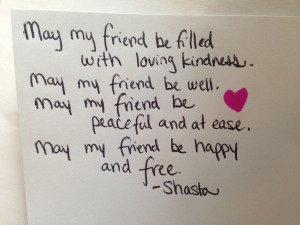

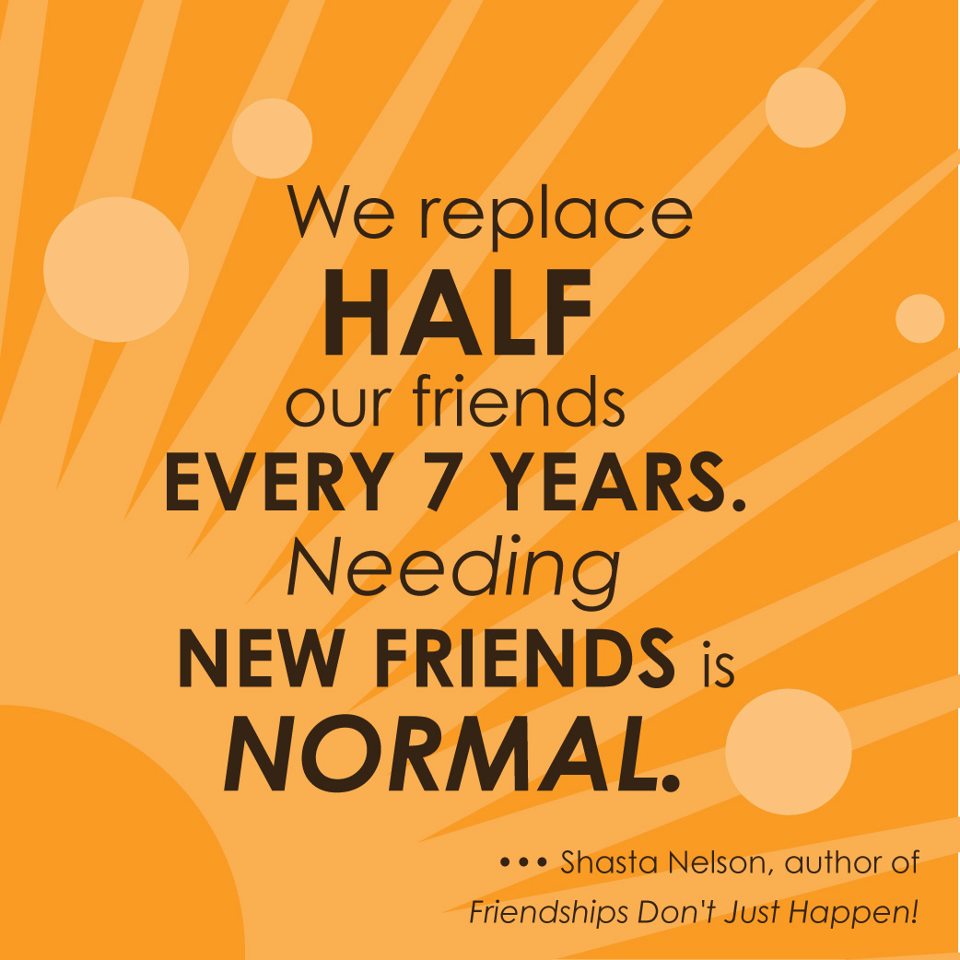



 ) defines vulnerability as "uncertainty, risk, and emotional exposure." After decades of researching shame she has helped make the connection in our culture that if we shy away from vulnerability (thinking that it protects us from shame) that we are, indeed, shying away from the core of our feelings, including many of the "good" feelings we want to feel! She says,
) defines vulnerability as "uncertainty, risk, and emotional exposure." After decades of researching shame she has helped make the connection in our culture that if we shy away from vulnerability (thinking that it protects us from shame) that we are, indeed, shying away from the core of our feelings, including many of the "good" feelings we want to feel! She says,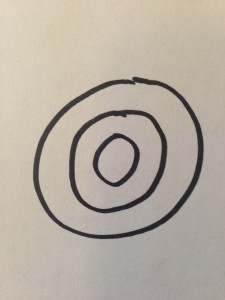
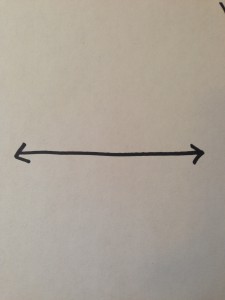
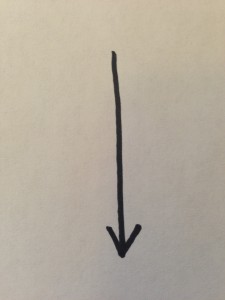












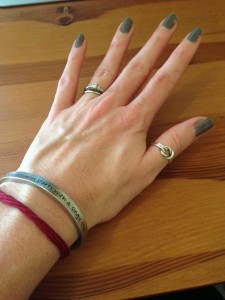
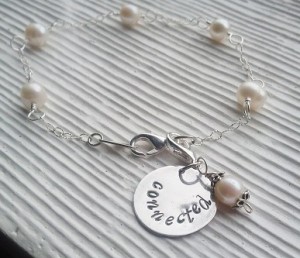


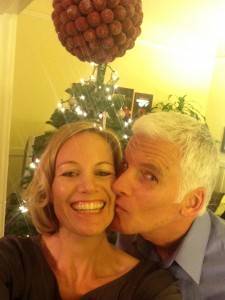
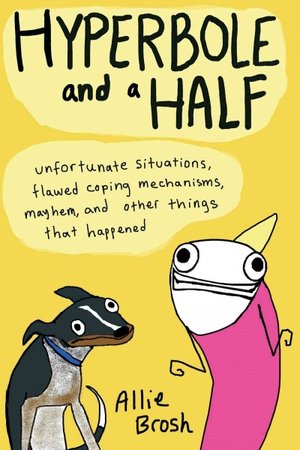

 I share the scene from the movie How Do You Know where Reese Witherspoon plays a character whose entire life is turned upside down when she is cut from the professional softball team that has been her entire career. She obligingly goes to see a therapist but before the session starts she talks herself out of it, willing herself to believe she doesn't need it. The psychiatrist, who knows nothing about the situation that his new client is struggling with, watches her walk out the door before any conversation occurs.And in what I think is the best scene in the movie, Reese sticks her head back in the doorway and basically challenges him to sum up his best therapeutic advice for life before she leaves. Without batting an eye he responds: "Figure out what you want and learn to ask for it."
I share the scene from the movie How Do You Know where Reese Witherspoon plays a character whose entire life is turned upside down when she is cut from the professional softball team that has been her entire career. She obligingly goes to see a therapist but before the session starts she talks herself out of it, willing herself to believe she doesn't need it. The psychiatrist, who knows nothing about the situation that his new client is struggling with, watches her walk out the door before any conversation occurs.And in what I think is the best scene in the movie, Reese sticks her head back in the doorway and basically challenges him to sum up his best therapeutic advice for life before she leaves. Without batting an eye he responds: "Figure out what you want and learn to ask for it."



I’ve been binge-reading your blog and very happy I discovered it. I think what you are saying mostly makes a lot of sense, but I’m struggling with something: It is so very hard to meet people who are open to new friendships. On the rare instances that I find people who seem like they are, it’s almost impossible to find people who have the *time* to get together regularly. It’s hard to move friends down the pipeline, so to speak. Everyone seems just so very busy. I can’t find anyone to say yes regularly enough to build meaningful friendships. Heck, it’s hard to get anyone to say yes at all. What do you suggest in situations like these?
Dearest Willing to Make the Time:
First, kudos to you and your awareness, intention, and willingness to foster friendships! It's awesome and it WILL serve your life. I promise! Guard that commitment-- don't let others who are less aware steal it; don't let anyone saying no rob you of it; and certainly don't let apathy drain it from you. What you know to be true: that friendships are worth the time, will benefit YOUR life. Regardless of the outcome or of anyone's responses-- you know the truth and it will bless you. Stay with it.
In fact it's your super power! Not everyone knows they have it. You're lucky you do. SO many women are lonely (and the busier she is often means the lonelier she can feel!) and they don't have the energy, know-how, or motivation to change it-- but you do! The ability to initiate repeatedly is a super power that will ensure you build meaningful friendships.
What Won't Work
Let's just be clear that what you secretly hope for isn't going to work:
Ideas to Try for Building Friendships with Busy People
Instead of hand picking a couple of people and casually asking them to do something "sometime" and then hoping that *poof* a friendship will develop from that-- what we need to do is try everything and anything that will help us connect with as many women so we can eventually see who is responding with their occasional yes:
Do you see the patterns in those ideas? Initiation With Many + Repeat As Often As Possible, with a Sprinkle of Fun and Lightheartedness = You Soon Having Friends.